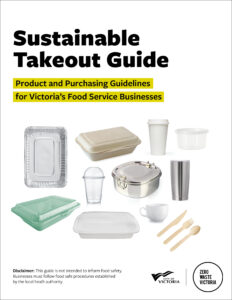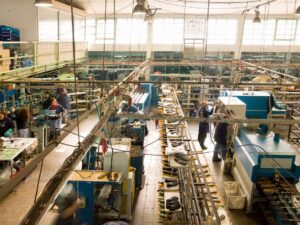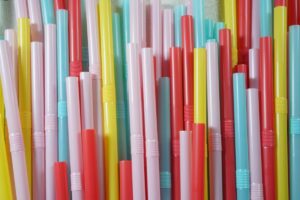Sorting fact from fiction about Vancouver’s plastics ban
Vancouver’s plans to ban certain plastic items highlight many misconceptions around waste management, the national plastics industry group has said.
In a critical look at the city’s bylaws phasing in bans of plastic bags, single-use plastics and styrofoam containers next year, the Canadian Plastics Industry Association (CPIA) made several claims in a news release Wednesday concerning recycling, carbon footprints and whether there was much support for banning plastics.
Last week, Vancouver city council voted to phase in a ban on plastic straws and plastic shopping bags. Under the bylaw, plastic straws will be banned starting in April, and plastic bags will be banned in January 2021.
Earlier this year, the city banned businesses from serving food and beverages in foam cups and containers, starting in the new year.
CBC News contacted the CPIA to elaborate on its claims — and asked the City of Vancouver to respond.
Below are the main issues the CPIA raised about the city’s single-use reduction strategy, and what we learned:
Claim: The city is replacing recyclable polystyrene food packaging with unrecyclable paper alternatives
- Result: Not exactly
Following an April 2019 council vote, Vancouver businesses were ordered to stop serving food and beverages in foam cups and containers. The ban takes effect in the new year.
Instead, the city is suggesting both reusable and recyclable containers.
One of these alternatives is paper containers coated with a thin layer of plastic to keep them from leaking.
John Hruska, VP of sustainability with the Canadian Plastics Industry, said this shift means the city “is going from a completely recyclable product to non-recyclable.”
“We’re saying ‘Vancouver, reverse these bans.'”
But that’s not quite true.
Paper containers lined with plastic are recyclable in Vancouver — most of the time, says Monica Kosmak with the city’s Zero Waste program.
To be recycled, paper products lined with plastics need to be clean and dry, Kosmak said.
And if they aren’t lined with plastic, they can be dropped in a green bin for composting, even when soiled by food.
Claim: Polystyrene foam is recyclable.
- Result: Not always
Much like plastic-lined paper containers and cups, styrofoam can only be recycled when it’s clean and dry.
But in Vancouver, styrofoam is not collected curbside. It must be delivered to a recycling depot.
Kosmak says a study by the city showed only six per cent of residents were willing to do that, meaning a lot of it was ending up in landfills.



